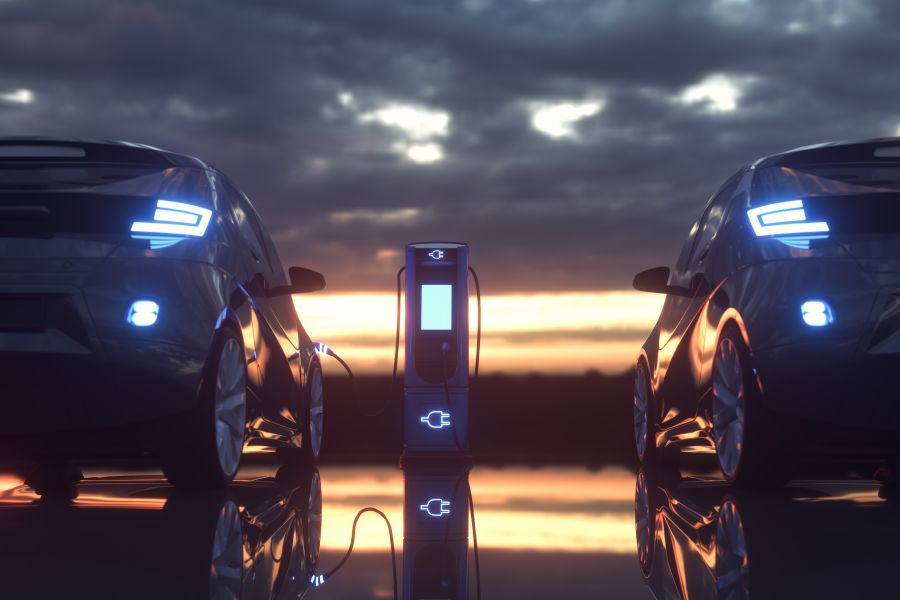Treasury Has Issued Auto Dealers >$580 Million in Advance EV Tax Rebates This Year

According to the Treasury, the US government has provided auto dealers with >$580 million in advance payments for consumer electric vehicle (EV) tax credits since 1/1/2024.
Before 2024, American car purchasers were only eligible for the new electric vehicle (EV) credit of up to $7,500 or the $4,000 credit for used EVs when they submitted their tax returns in the subsequent year.
Commencing on January 1, consumers have the ability to transfer the credits to a car dealer during the transaction, so reducing the purchase price.
This year, the IRS has received almost 100,000 reports on the sale of electric vehicles. A total of 85,000 time of sale tax reports were filed for new electric vehicles (EVs), and more than 90% of these reports included requests for advance payments amounting to $7,500. A total of over 15,000 sales reports were recorded for pre-owned electric vehicles (EVs), of which about 75% included requests for advance payments amounting to $4,000.
According to Haris Talwar, a spokeswoman for the Treasury, there has been a significant level of demand after four months of implementing this new provision.
In December, the Treasury released guidelines with the objective of reducing the dependence of the US electric vehicle supply chain on China. On January 1, the number of electric vehicle (EV) models eligible for US EV tax credits decreased from 43 to 19. This reduction affected some models such as certain configurations of Tesla Model 3s, Chevrolet Silverado EVs, Ford Mustang Mach-Es, and Ford E-Transits, which no longer qualified for the benefits.
Subsequently, other vehicles have become eligible again, such as certain configurations of the Volkswagen ID.4, Nissan Leaf, Chevy Blazer EV, and Cadillac Lyriq.
Consumers are required to confirm that they satisfy the income restrictions in order to be eligible for the tax credit while making a purchase. Failure to meet the income limits will result in them having to reimburse the government when they file their taxes. The adjusted gross income ceiling for new autos is $300,000 for married couples and $150,000 for individuals.
The EV tax credit was reformed in August 2022 by the Inflation Reduction Act, which stipulated that vehicles must be assembled in North America in order to be eligible for any tax credits. As a result, approximately 70% of the previously eligible models were no longer eligible.
Additionally, it established a tax credit for pre-owned electric vehicles, removed the limit on credits for manufacturers of 200,000 vehicles, implemented restrictions based on income and vehicle price, and expanded the availability of credits to leased vehicles.
(This is Blog Post #1574)


